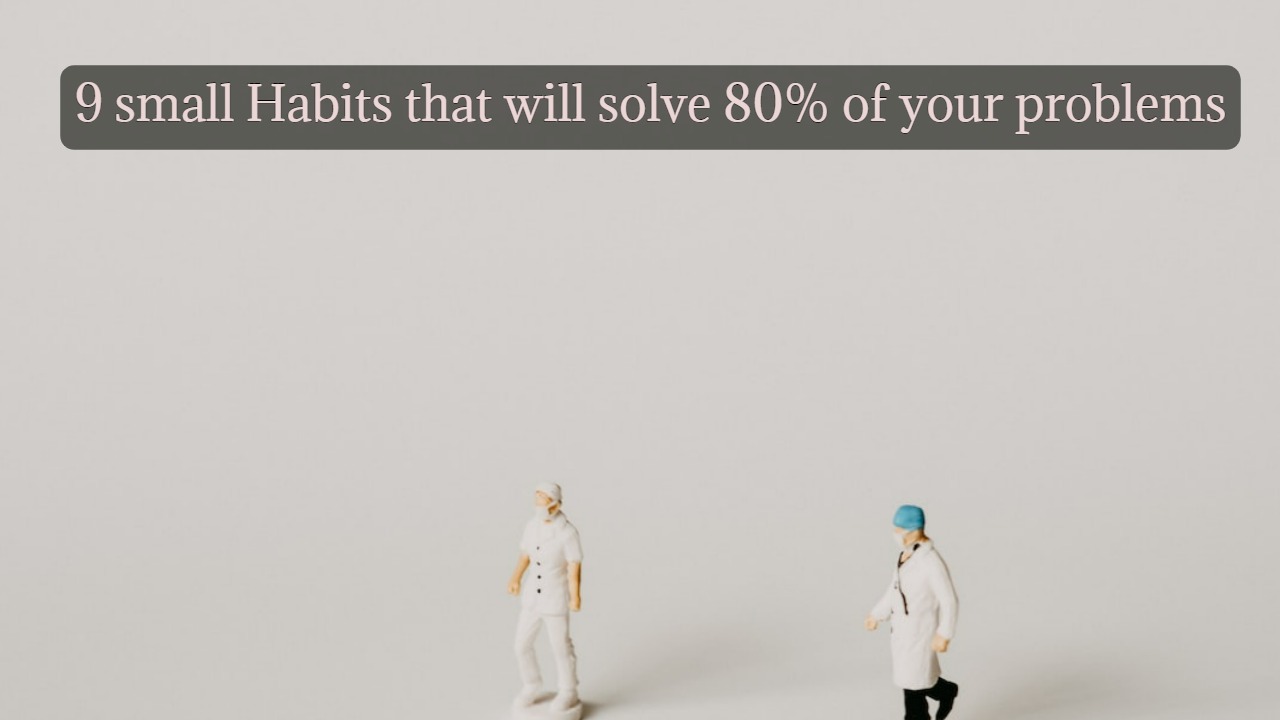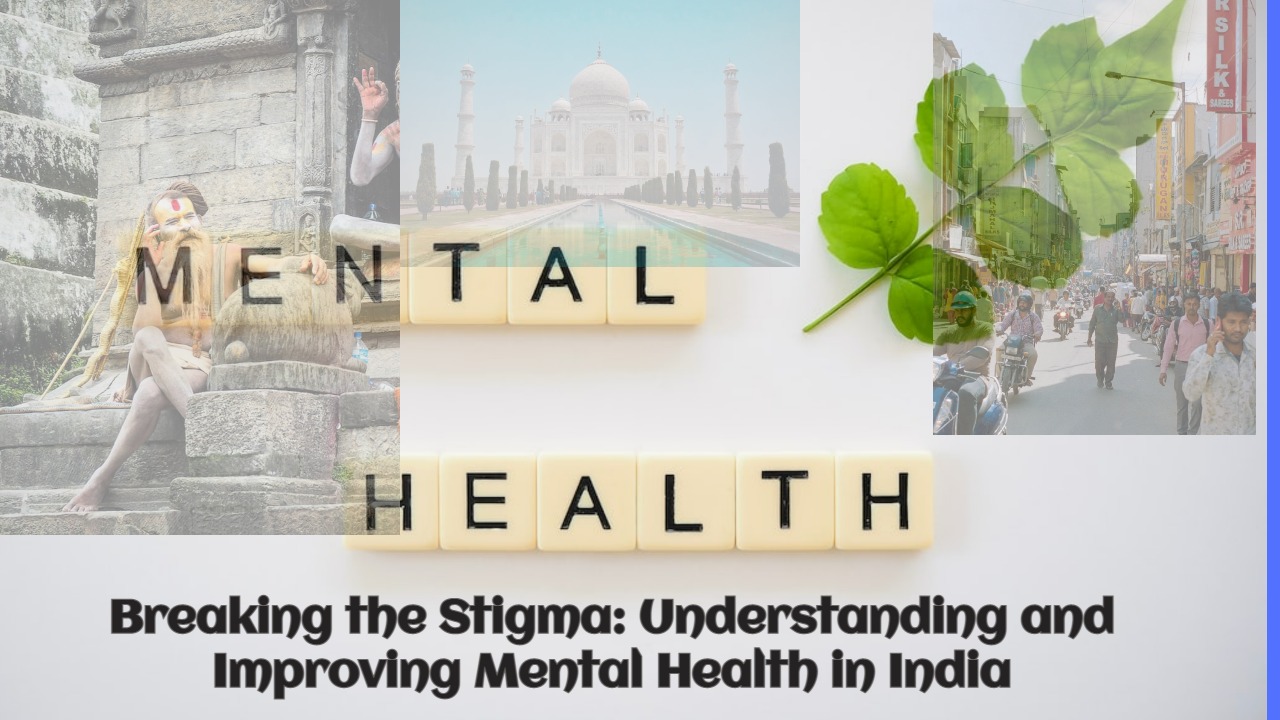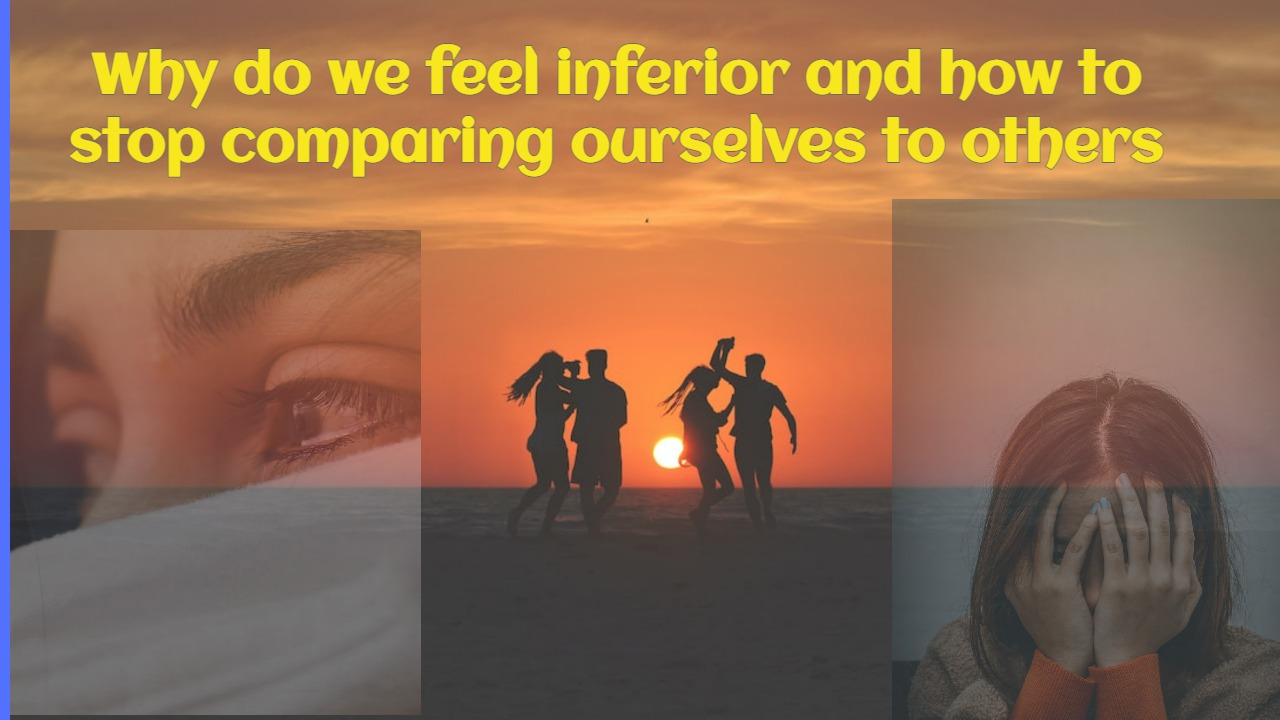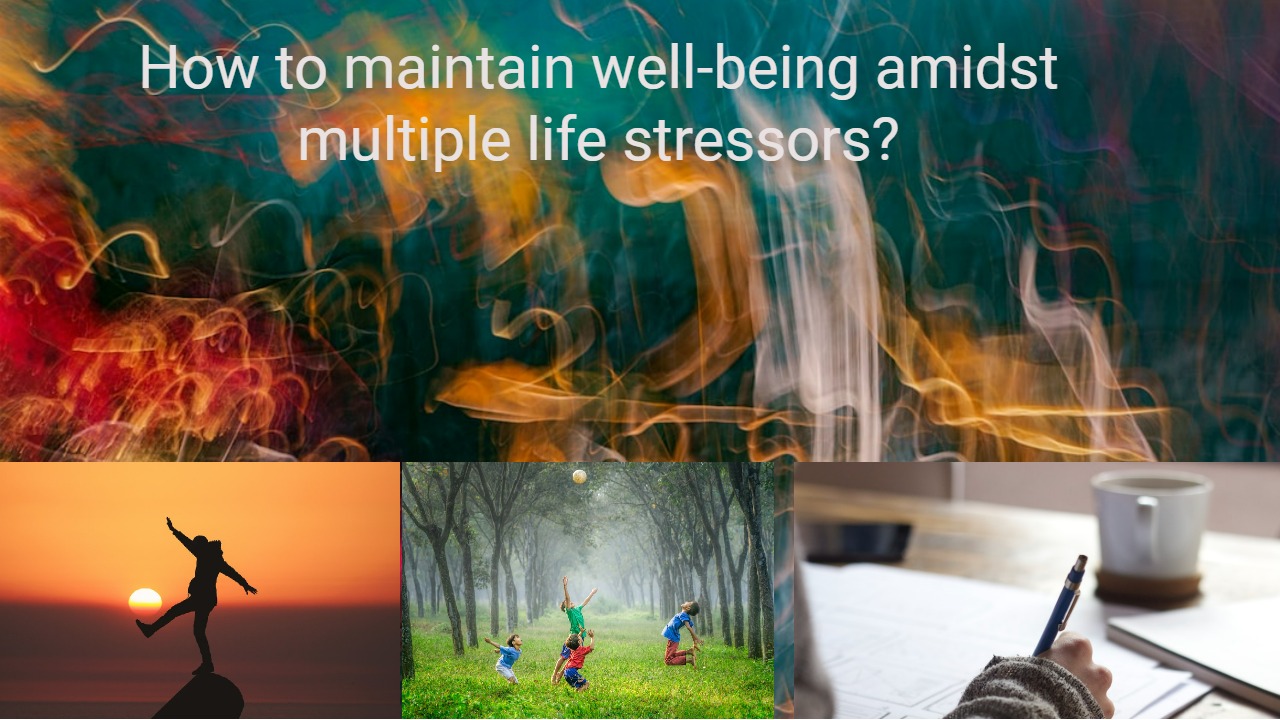Mental Health Awareness: Understanding and Coping with Mental Health Issues
Mental health is an important aspect of our overall well-being, yet it is often neglected or ignored. With the increasing stress and pressures of daily life, it is not surprising that the incidence of mental health issues is on the rise. Mental health problems can range from mild anxiety and depression to more severe conditions such as bipolar disorder and schizophrenia. The impact of mental health issues can be devastating, not just for the individual but also for their loved ones and the wider community.
This article aims to provide a comprehensive guide to mental health awareness, including an overview of common mental health issues, the causes, symptoms, and available treatment options. We will also explore ways to cope with mental health problems and support those who are affected.
What are Mental Health Issues?
Mental health issues refer to a wide range of conditions that can affect our thinking, mood, and behavior. These conditions can range from mild to severe, and can interfere with our ability to lead a productive and fulfilling life. Some of the most common mental health problems include anxiety disorders, depression, bipolar disorder, and schizophrenia.
Causes of Mental Health Issues
The causes of mental health issues are complex and can be difficult to determine. There is no single factor that causes mental health problems, but rather a combination of genetic, environmental, and lifestyle factors. Some of the key causes of mental health issues include:
- Genetics: Mental health disorders can run in families, and genetic factors can play a role in their development.
- Trauma: Traumatic experiences, such as abuse, neglect, or exposure to violence, can increase the risk of developing mental health issues.
- Brain chemistry: Imbalances in the chemicals in the brain can contribute to the development of mental health problems.
- Substance abuse: Substance abuse, such as alcohol and drug use, can increase the risk of developing mental health problems.
- Chronic stress: Chronic stress can have a negative impact on mental health and contribute to the development of mental health problems.
Symptoms of Mental Health Issues
The symptoms of mental health issues can vary depending on the condition, but some common signs include:
- Feelings of sadness, anxiety, or irritability
- Changes in appetite or sleep patterns
- Difficulty concentrating
- Fatigue
- Loss of interest in activities that were once enjoyable
- Thoughts of self-harm or suicide
Treatment Options for Mental Health Issues
There are a range of effective treatments available for mental health issues, including therapy, medication, and lifestyle changes.
- Therapy: Therapy, such as cognitive-behavioral therapy (CBT), can be an effective treatment for mental health problems. CBT helps individuals to identify and change negative thought patterns, and can be particularly helpful for conditions such as anxiety and depression.
- Medication: There are several types of medications that can be effective in treating mental health issues. Antidepressants, for example, are commonly used to treat depression and anxiety disorders.
- Lifestyle changes: Making lifestyle changes, such as getting regular exercise, eating a healthy diet, and reducing stress, can help to improve mental health and reduce the risk of developing mental health problems.
Coping with Mental Health Issues
It can be difficult to cope with mental health problems, but there are several strategies that can help. These include:
- Talking to someone: Talking to a trusted friend, family member, or mental health professional can help to reduce feelings of isolation and provide support.










